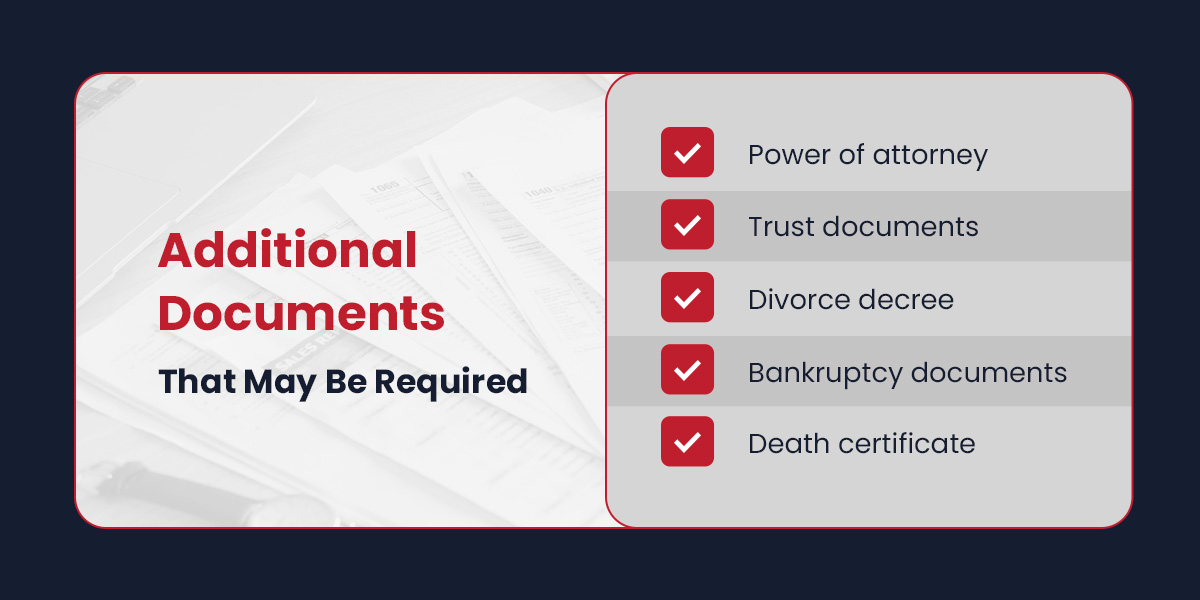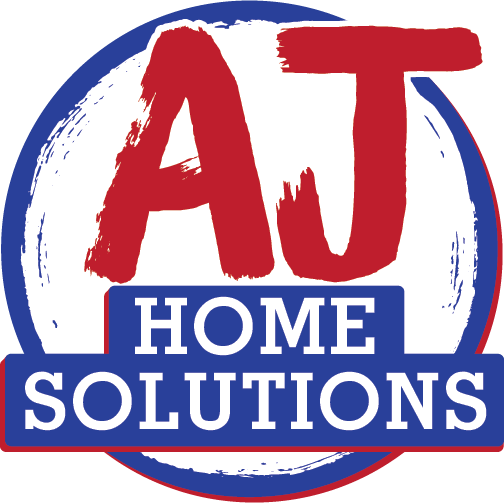What Documents Do I Need to Sell My Home?
Selling your home can be stressful. It can be a long process that requires a lot of paperwork, and sometimes, the buyer falls through anyway.
However, if you’re selling your home to a cash home buyer, you can eliminate the time, stress, and uncertainty that often comes with a traditional sale. At AJ Home Solutions, we buy your property as is, regardless of whether it needs any repairs or renovations, and we’ll also take care of the lengthy paperwork requirements. If you’re selling a property in Lancaster, PA, or any of the surrounding areas, we can make the home-selling process simpler and faster for you.
Regardless of who you’re selling your home to, you must legally provide certain documents. Knowing exactly what documents you’ll need is key to preventing your property sale from slowing down or falling through altogether.
Essential Documents for Selling Your Home
Here are some of the most common documents you’ll need when selling your house:
Proof of Ownership
Before you sell your property, you need to show without doubt that you’re the legal owner. To prove this, you’ll need two documents.
Firstly, you’ll need the warranty deed, a legal document that comes with the purchase of a property to prove ownership. Beyond saying who owns the property, the warranty deed might also describe the property and give a history of any judgments, outstanding liens or encumbrances.
While there are several types of warranty deeds, you’ll most likely have a general warranty deed. This is the most common type of warranty deed and offers the owner the fullest protection from any future claims on the deed.
Besides the warranty deed, you’ll also need your title insurance policy. Your title insurance protects your right to own your property by shielding you from problems you may not have known about when you purchased the property, such as undisclosed liens or document errors.
Mortgage Documents
If you have a mortgage on your property, you’ll require two types of mortgage documents — a mortgage statement and a payoff statement.
A mortgage statement gives the most recent details of your mortgage, and will include:
- Your monthly payment.
- Outstanding loan balance.
- Payment history.
- Property details.
A payoff statement tells you how much it would cost to pay off your loan. It goes beyond telling you your outstanding balance, and considers factors such as interest rates, penalties and the date you should have repaid the loan. This document gives you a better idea of how much you’ll have to pay to settle your loan.
Property Information
When someone’s purchasing your property, whether you’re using an agent or you want to enjoy the benefits of selling a house to a cash buyer, they’ll want to know exactly what they’re buying. As the seller, you must inform them what assets and responsibilities come with the house.
You can prove this through these documents:
- Property survey: This document provides professional confirmation that the property description and boundary line are accurate.
- Property tax records: These records prove the required property tax has been paid.
- Homeowner association (HOA) documents: HOA documents should include a detailed list of the contractual terms members of the HOA must follow.
Disclosures
Any buyer has the right to know if there are any existing problems with your property. To that end, you must disclose any known issues with the property.
You do this through a seller disclosure. In this document, you may have to share information on problems such as:
Property defects.
Natural hazards.
Missing property components.
Limitations on land use.
Deaths on the property.
Anything else that could impact the property’s value.
Additionally, if your house was built before 1978, you will probably have to provide a lead-based paint disclosure too.
Purchase Agreement
A purchase agreement is a contract used to purchase expensive goods, with property being one of the most common examples.
While a purchase agreement for property may have its terms altered as negotiations progress, it’s still a legally binding contract for both the buyer and the seller.
A typical property purchase agreement will include:
- Personal and contact information of the buyer and seller.
- Property address.
- Agreed purchase price.
- Date of transfer.
- Disclosures.
- Contingencies.
- Signatures of the buyer and seller.
Identification
The final document you’ll need to complete the sale will be a valid form of identification, such as a passport or a driver’s license.
For your ID to be valid, it needs to be unexpired, and all of the details must be up to date and accurate.
Additional Documents That May Be Required
In certain circumstances, such as when selling a home with a power of attorney, supporting documents may be required to finalize your property sale. These documents can include:

- Power of attorney: This may be necessary if you’re selling on behalf of the owner.
- Trust documents: These are needed if you’re selling a house in a trust.
- Divorce decree: You’ll need this if you’re selling a house after divorce.
- Bankruptcy documents: These are necessary if you’re selling after declaring bankruptcy.
- Death certificate: This is necessary if you’re selling an inherited property.
Why You Need These Documents
These essential documents are required for varying legal, financial and regulatory reasons. But if you’re looking beyond the legal compulsion to do so, you want to provide all of these documents so you can show evidence of:
- Legal right: You prove who you are, that you’re the property’s legal owner and have the right to sell the house.
- Proof of assets: You’ve demonstrated exactly what the property encompasses, including land and associated assets included with the property.
- Essential information: You must provide key information any purchaser would want to know, including what requirements come with the property, what problems it may have, and anything else that may affect their desire to live in the property or their ability to sell it in the future.
These documents ensure that the buyer knows exactly what they’re purchasing and that the seller has been transparent and honest, shielding them from any claims against them in the future.
In essence, these documents protect all parties involved in selling your property.
How a Cash Home Buyer Simplifies the Process
If you’re selling a house for cash, you’ll need many of the documents you need in any other property sale. The main difference is that you won’t need mortgage paperwork from the buyer. However, if you’re selling to a cash home buyer, they’ll often take care of most of the paperwork for you, making the whole process much simpler.
Selling to a cash home buyer simplifies the process in other ways, such as:
- Eliminating the need to wait for a purchaser’s mortgage to get approved.
- Reducing the extent of the inspections required.
- Cutting out the fees that real estate agents charge.
Together, this means that selling a house without a real estate agent is often much more convenient than a traditional property sale, helping you sell your house fast.

Sell Your Property for Cash Quickly and Conveniently
However you choose to sell your home, ensuring you have all the essential documents is vital to completing the sale. Getting the necessary paperwork in place can be a burden, but if you follow this list, you’ll have everything you need.
If you prefer to leave the bulk of the paperwork to a professional, a cash home buyer such as AJ Home Solutions can help. Through a fast and highly convenient service, we’ll tell you exactly what documents you need to sell your house for cash.
So if you’re selling a property in York, PA, or any of the surrounding areas, reach out today to get a no-obligation cash offer for your property.
